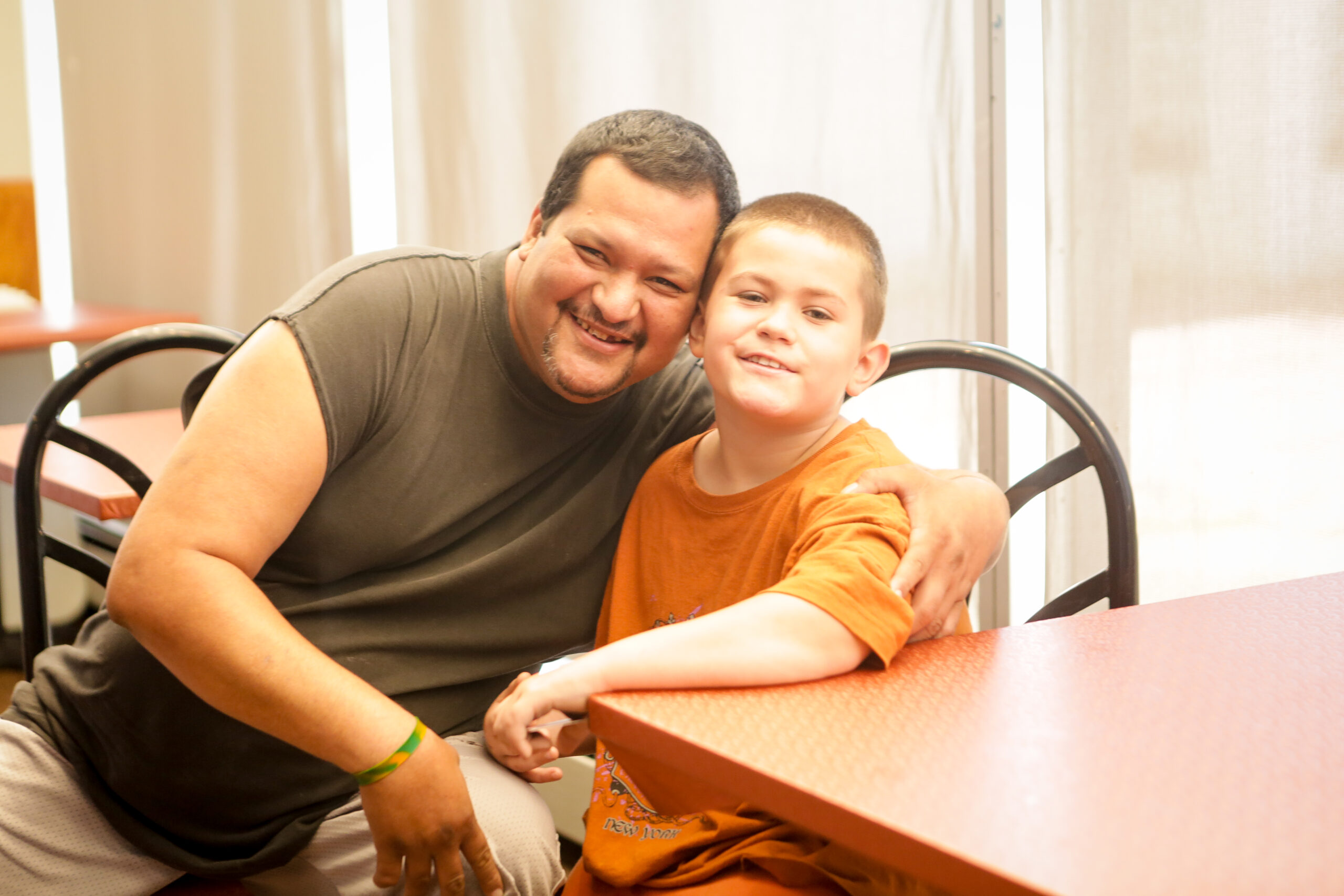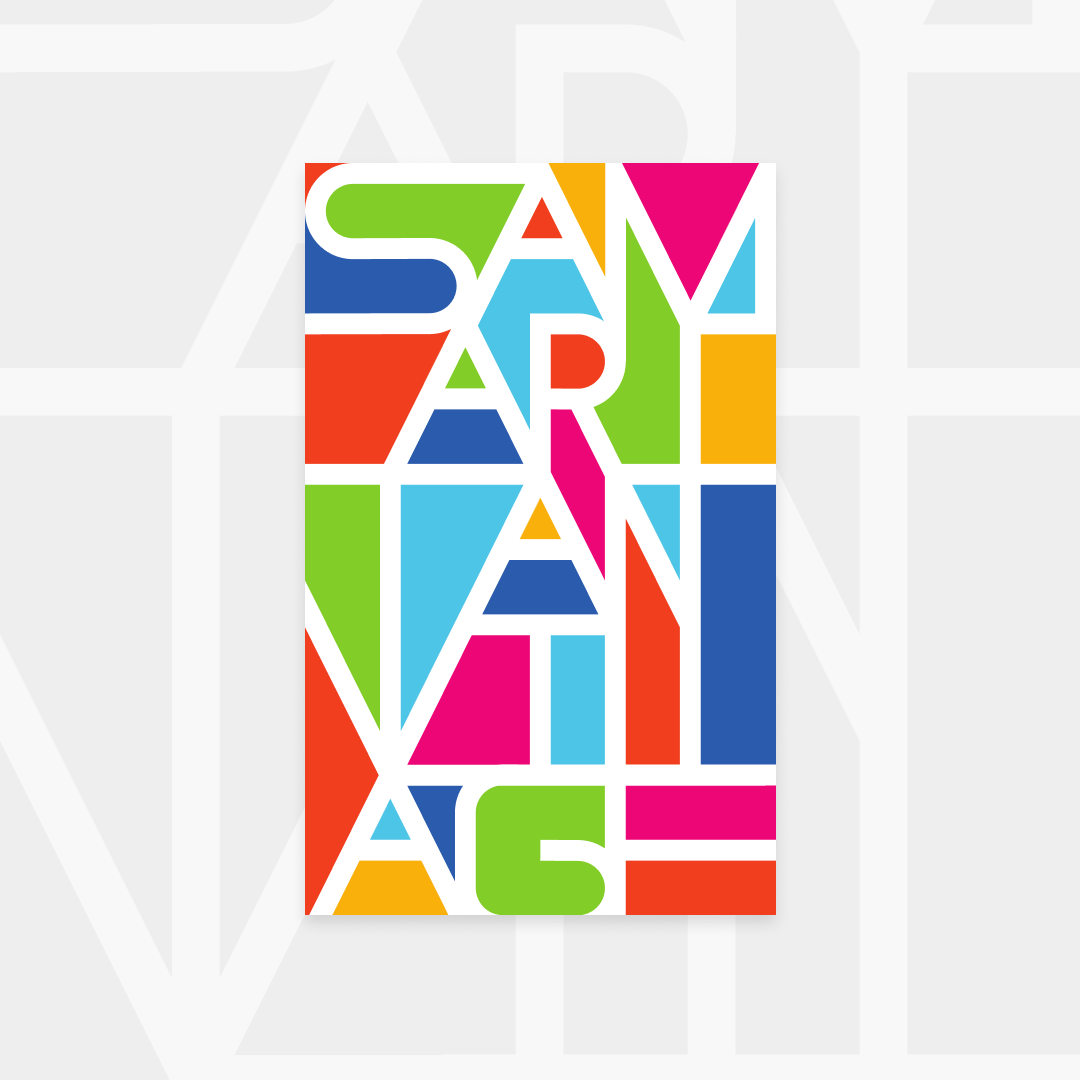Families with children seeking shelter must apply at the Prevention Assistance & Temporary Housing (PATH) Family Intake Center in the Bronx. There, they will first be interviewed by a Human Resources Administration (HRA) caseworker who will ask questions about their living situation and explain the services that may help them avoid shelter altogether, including family mediation, anti-eviction legal services, out-of-city relocation assistance, Family Eviction Prevention Supplement (FEPS), or a one-shot deal through HRA.
If it is determined that these services do not apply to a family’s specific circumstances, they will be interviewed by a family worker to determine their eligibility. Families may be assigned a conditional placement while DHS investigates alternative housing options besides shelter. Conditional placements may last for up to 10 days, while field specialists visit the homes of family, friends, and people with whom the family resided to verify information provided during the interview. Out of this investigation, families are determined eligible or ineligible for shelter, based on whether they have fully completed the application and have no other place to go.
Every household has a right to a legal conference at PATH if they are found ineligible and disagree with the decision. In addition, they have 60 days after being found ineligible to request a Fair Hearing from New York State. DHS’ findings of eligibility have been upheld 98 percent at these hearings.
Again, the eligibility process is designed to ensure that resources are being preserved for those truly in need, and that families with housing alternatives can remain stably housed in the community. While shelter is a valuable resource to those in need, it should never be considered a home.

